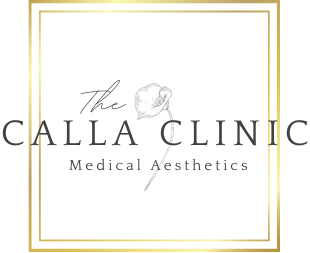Stress And Your Skin
Did you know that stress can have an impact on your skin?
Scientists have long been aware of the link between stress and physical health – including skin health and as an aesthetic practitioner and a nurse, I can confirm that this is the case.
Mental, physical and emotional pressures trigger the release of stress hormones that are specifically designed to help the body react to stress. However, in certain circumstances this physiological response can exacerbate physical problems (like asthma, migraine, epilepsy, etc.) and a number of skin conditions including flare-ups of acne, eczema, rosacea, and psoriasis. Stress can also reduce the effectiveness of the skin as a protective barrier and impact its ability to heal, with one 2001 study uncovering a link between exam stress, skin inflammation, and immune function in the body (1).
Taking time out of stressful situations – if possible – can be good for your body, mind and skin. One 2015 study found that a 20 minute period of guided relaxation had a beneficial effect on skin recovery and helped to reduce perceived pain from skin damage (2), suggesting that even a little time away from the source of your stress can be helpful, whether you choose to go for a walk in nature, have a relaxing bath or take some time to yourself for some quiet relaxation and meditation.
There are also cosmetic products that can help your skin in periods of stress; Profhilo Haenkenium, for example, helps to protect the skin from oxidative stress factors and premature ageing and also helps to alleviate redness and skin irritation. iS Clinical’s amazing SHEALD recovery balm is another great product for stressed skin, as it:
- Provides antioxidant-rich protective barrier
- Softens and hydrates raw, dry, sensitive skin
- Helps prevent scabbing
- Relieves itching and tightness during healing
- Excellent protective moisturiser for harsh cold and/ or dry climates
- Helps decrease inflammation
- Helps minimise scar tissue formation
If your skin is suffering from the physical effects of stress and you’d like to tackle some of the symptoms but aren’t sure where to start, feel free to get in touch – I’m more than happy to provide advice on treatments and products that could help your sensitive skin.
Sources –
